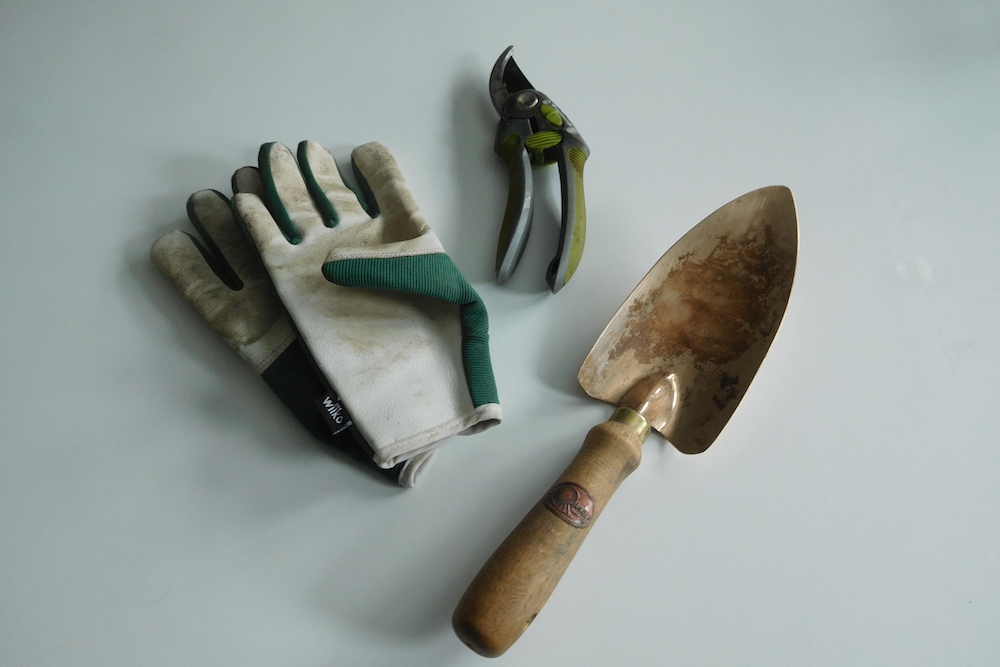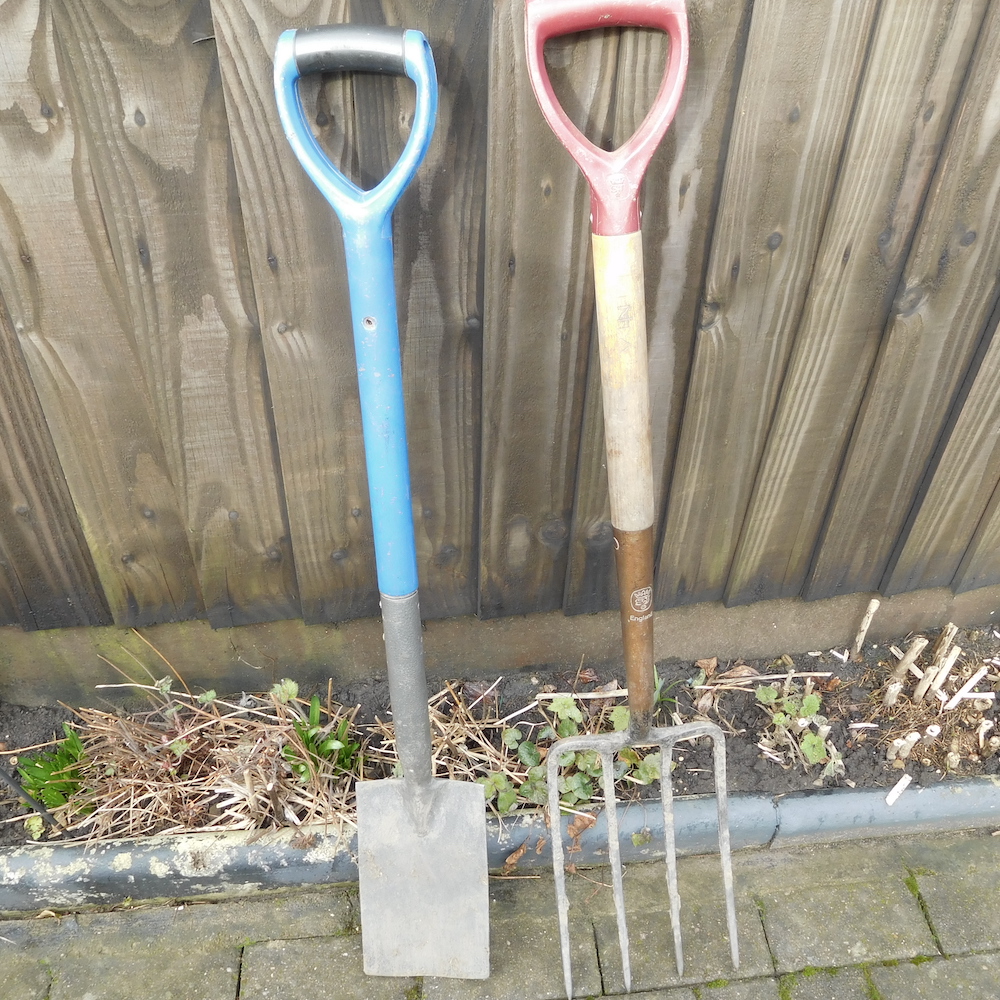
Over the past year when everyone has been spending more time at home people have shown a lot more interest in gardening.
Many are put off as they don’t know where to start, think it’s too complicated and that you need a lot of expensive tools. So we are here to help.
Tools required
As you are never sure what you are handling it is recommended that you always wear gloves. If you start small, planting in containers, window boxes etc. you don’t actually need many tools. A trowel, a sharp pair of scissors and a pair of secateurs is all you need. Once you start digging in the soil you will need a spade and garden fork. Not too heavy that you can’t lift it, but not too flimsy that it bends when the going gets tough.
When choosing pots try to buy the biggest one you can as it won’t dry out so quickly and can hold a greater variety of plants.
Basic terms for plants
Don’t be put off by fancy latin names for plants and other terms used by gardeners. Here are some simple examples to remember:-
- Annual – this is a plant that lives for only one season.
- Perennial – a plant that lasts one season, dies, but comes back the following year.
- Evergreen – a plant that doesn’t shed its leaves and is green all year round.
- Hardy – these are plants that will put up with the cold weather.
Low maintenance garden
When you are looking at plants in a supermarket or garden centre you should always look at the label. It will give you guidance on how to look after it – where to plant it (e.g. sun or shade), how big it will grow (height and width), how to prune it or not. When you start it might be best to start planting in pots as they can be moved around the garden until you find the best spot.
Plants like pansies or petunias are great for containers and window boxes. They give instant colour and apart from watering and cutting off the dead flowers, take little maintenance. But as they are annuals will only last one season.
Bulbs are another low maintenance plant. Follow the instruction on the packet and sit back and wait for them to appear. They should come back year after year.
Tomatoes are easy to grow from seed and there are a wide variety available. Or you can clean and dry seeds from a shop bought tomatoes and grow from them.
There are also a wide variety of salad leaves available from garden centres or online, with easy to follow growing instructions on the packets. These can be grown in pots/containers or in the ground.
If you are looking for a combination of annuals, perennials, bulbs and evergreens you could look at the millennium garden in Cross Flatts Park that is maintained by Beeston in Bloom. Once the weather gets a little warmer they will be around on a Wednesday morning 10am-12pm and will be happy to answer any questions you might have. Or alternatively you could email them on beestoninbloom@gmail.com
Plants to get children interested
As part of the lockdown last year Beeston in Bloom helped to distribute packs of seeds as an activity for children who were at home from school. Posts on Facebook showed this was a great success and if you take pictures with your child at the side of the plant as it grows the photos make a good memory.
Easiest to grow is probably cress, so easy to do you can even grow it in an egg shell, paint a face on the shell and the cress will grow to look like hair, only it will be edible.
Sunflowers are another easy to plant to grow, just need seeds, compost, a small pot to start with and a larger one as the plant grows or transfer to the garden if available.
Allotments
An allotment is a plot of land you rent, usually to grow your own food. There are a number of allotments in the Beeston area – Old Lane, Lady Pit Lane and Clarkesfield. As you can imagine there is currently great demand for plots, but you can register your interest on the Leeds City Council website. You must remember that it does require a lot of work to keep up to and should only be considered if you are prepared to put in the effort. However, if you do take on a plot it’s good to know that other allotment users are often willing to share their knowledge.
This post was written by Beeston In Bloom



